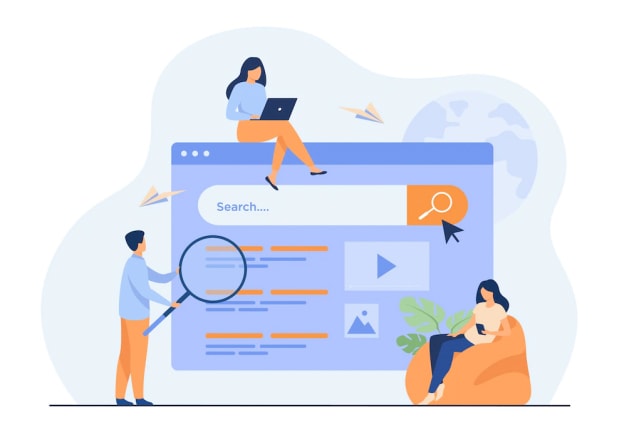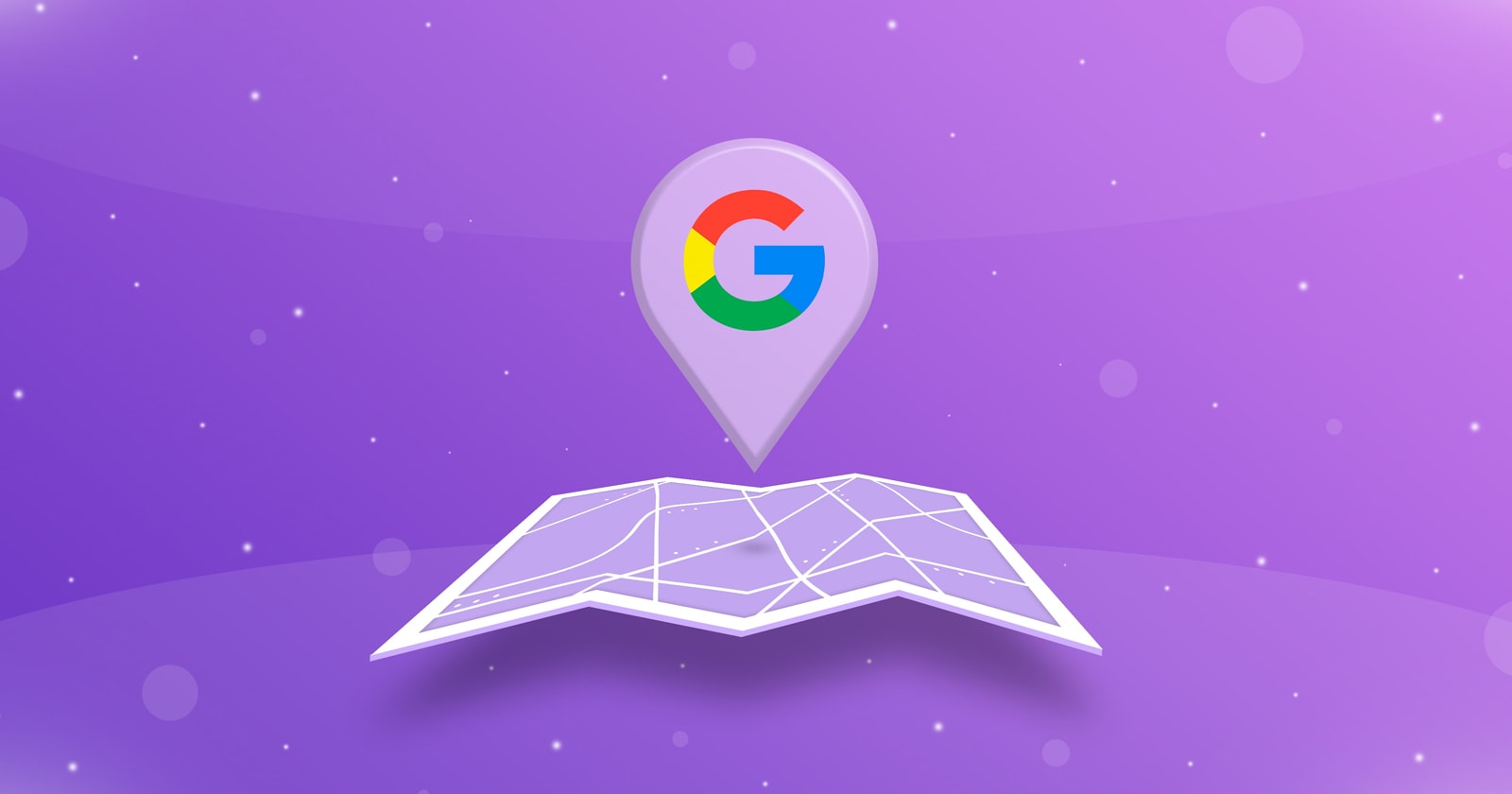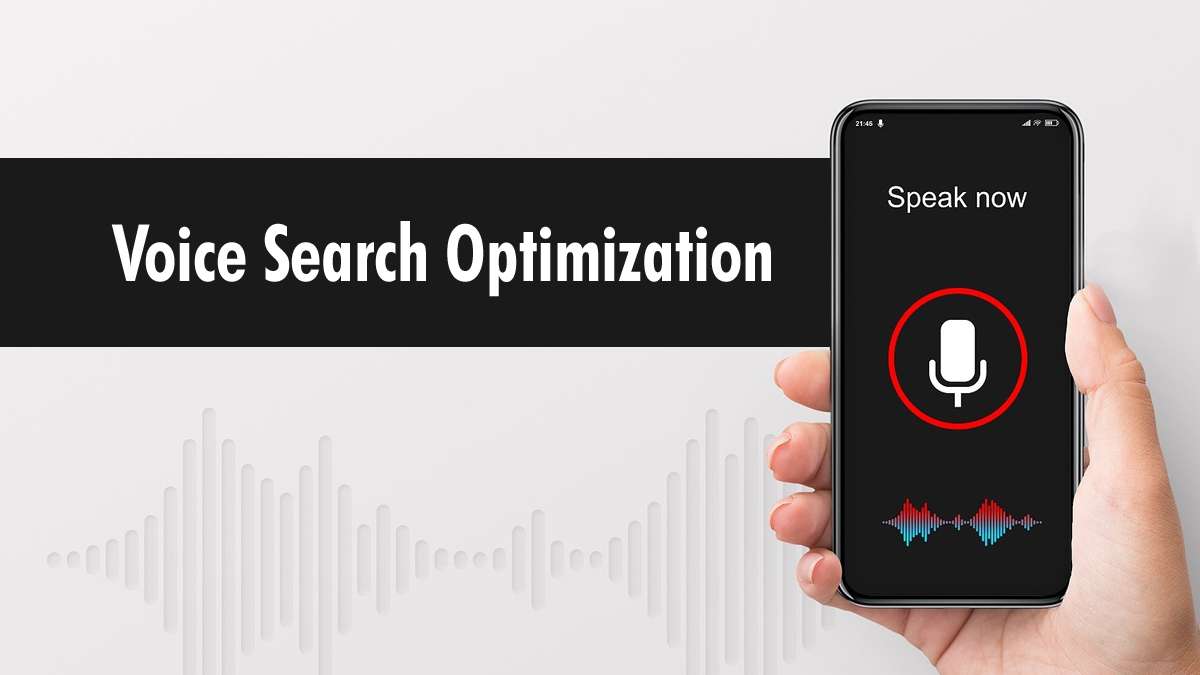As a business owner, you must be knowing that SEO helps to drive traffic to your website and boost your search engine rankings. Once you avail of SEO services, you can get prominent and consistent visibility on SERPs.
Have you just started your SEO journey and are not sure how the process works or where you need to focus the most to get the desired results? Then, you come to the right place as here you will learn all the important things about SEO that a digital marketer should know.
Keep reading.
What is SEO?
SEO (Search Engine Optimization) is a digital marketing strategy, which focuses on a website’s visibility on SERPs. It is the process to attract traffic from free, editorial, and organic search engine results.
The higher the listing of your website, the more people will discover it. A proper SEO involves the activities below:
- Identify relevant keywords with a high search traffic potential
- Draft enriching and keyword-rich content
- Optimize content for search engines and users
- Add relevant links from trusted websites
- Assess the search engine results
Once you understand how SEO works, you can easily implement different strategies to boost your online visibility in SERPs. To grow your business, you just can’t afford to miss types of SEO as and when required.

What are the Types of SEO?
SEO is distinguished into two categories below:
- On-page SEO: All on-page SEO strategies happen on your website.
- Off-page SEO: All off-page SEO strategies happen off your website.
Both on-page and off-page SEO focus on making your website user-friendly for both search engines and users. If search engine crawlers understand how user-friendly your website is, it increases the chance for your website to rank high for various searches.
What are the Three Components of SEO?
When it comes to working on digital marketing, you should know what to do so searchers can easily get to see your brand and website at the tip of SERPs. Even though SEO keeps on changing frequently in little ways, the key principles don’t change.
SEO is distinguished into three key components/pillars that you need to know for taking the right actions at the right time. Find below the three components:
- Technical Optimization
Technical optimization is the process to finish activities on your website, which are designed to boost SEO but are not relevant to the content. This kind of optimization tends to occur behind the scenes. - On-page Optimization
On-page optimization is the process to make sure your website content is relevant and delivers an excellent UX. This SEO component includes targeting and placing the most appropriate keywords in your content and can be performed by a Content Management System(CMS).
Some of the common examples of CMS are WordPress, Drupal, Wix, Joomla, Expression Engine, Shopify, and Magento. - Off-page Optimization
Off-page optimization is the process to boost your website’s search engine ranking via activities outside your website. Backlinks tend to drive most of the off-page optimization, which helps your website to build a positive reputation online.
Why Does SEO Matters to Search Engines?
Search engines care about SEO as they make money from advertising. The SERP returns organic results and PPC ads. SEO influences organic results, while PPC advertising is paid. Unfortunately, you can’t pay Google or other search engines to fetch a position in organic results.

But, they make money through the ads displayed on SERPs. The better search results intrigue more users to use that search engine repeatedly. With an increasing number of search engine users, they can show more ads and make more money.
What are the Differences Between Paid and Organic Search?
To improve your SEO performance, you need to understand the key differences between paid and organic search. Find the differences below:
Position
The major difference is paid search results display at the top of SERPs, while organic search results show up below them.
Traffic Share
Approximately 20 to 30% of searchers click on paid search results, while 70 to 80% of searchers click on SEO organic results. Thus, organic search results have more traffic share than paid search results.
Time
Time is one of the major differences between paid and organic searches. You get mediate results with a paid search. While, search results take more time (weeks, months, and years) than an organic search. Thus, you need to play the mid to long-term game with an organic search.
Investment
When you run a PPC campaign, you pay a price every time a user clicks on your paid ad. Thus, you buy traffic for your website by paying Google to display your ad if your visitor performs a search for your keyword. Traffic is free for organic search, even though it needs time and resources investment.
ROI
You can easily measure your ROI with paid search as Google displays more keyword data than Google Analytics captures. ROI can increase or decrease over time with a paid search. However, ROI is a little difficult to measure with organic search, although it tends to increase over time.
Organic search offers a very high ROI over the long term.
What are the Similarities Between Paid and Organic Search?
Now, you know the differences between paid and organic search. But, you should also learn the similarities between them.

Find below how they are sane depending on different factors:
Keyword Research
Businesses use a search engine for both paid and organic searches, and both the options need a user to enter the most relevant keyword. Thus, you need to perform thorough research for paid and organic searches.
Traffic
Both paid and organic searches aim to generate traffic. Remember, both organic search traffic has user intent. Thus, users are in an active mindset when they ask questions to Google or search for information. As a consequence, they tend to take action once they find the required information.
Landing Pages
You need to build robust landing pages for both paid and organic searches. You should connect the landing page to your website for improving SEO performance. It can be the exactly similar landing page you use for paid search that has been used for organic SEO. You can also build an individual stand-alone web page, which sits off your website.
Why Should You Care About How SEO Works?
With the advent of the internet, you are a few clicks away from any information you look for. If your website is not properly optimized, you tend to get displayed only on the first page for branded search queries. Thus, people who don’t know about your existence but are looking for someone similar will never see your brand on SERPs. You will never get the chance to tell people why you are better than your competitors.
If you don’t work on SEO, you give away leads. So, you should always care about how SEO works.
How Does SEO Works Technically?
Search engines have automated robots, which are kinds of spiders collecting all information about your web pages. The collection of information helps search engines to find out when to serve a page to a server on your website. Search engines collect elements, such as page speed, backlinks, internal linking, social signals, and title tags.
Google uses 200+ ranking factors in its algorithm, considers many things, and takes proper actions to optimize a website. Both on-page and off-page search engine ranking factors assess how your website is optimized and ranks on SERPs.
The on-page factors are on the web page, such as content, title tags, website speed, image ALT tags, page URLs, and internal linking. While off-page factors are mostly dependent on links to your website from other websites. You should always keep in mind that bots are automated computer programs but not real humans and thus, they have certain limitations.
The bots can’t access your website like people. They don’t see your website but crawl the code. Thus, they can’t see images and videos nor are they impressed by audio clips and flashy designs.
How Do Search Engines Work?
People use search engines to type their queues and find their answers on the internet. Search engine algorithms are computer programs, which look for signs to deliver the exact results to searchers about what they look for. Search engines depend on algorithms to discover web pages and decide which one to rank for a given keyword.
Search engine functioning com

Search engines work in three steps. Let’s discuss each of them below:
- Crawling (the Step of Discovery)
Crawling is the first step, where search engines send out web crawlers to discover new web pages and record relevant information. Sometimes, people call these web crawlers ‘robots’ or ‘spiders’. They aim to discover new existent web pages and periodically check the content on those pages they have visited earlier to find if there is any change or update in the content.
Search engines crawl your website following links that they have already discovered. Thus, if you have a post linked from your website home page, it will search for another link to follow and may even follow the link to the blog post when a search engine crawls your homepage. - Indexing (the Step of Filing)
Indexing is the second step when a search engine decides if or not it will use the content that it has already crawled. If a search engine considers a crawled web page worthy, it adds the page to its index. Search engines use this index at the final ranking phase.
If a web page or a piece of content gets indexed, the database files and stores them which you can retrieve later. Many web pages with valuable and unique content as positioned in the index.
A web page may not get positions in the index if:- The content is considered spammy, duplicate, or low value
- Search engines can’t crawl it
- The domain or page has no or the least inbound links
- Ranking (the Step of Retrieval)
The ranking is the third and the most important step. Your website can rank high on the SERPs only after the successful completion of crawling and indexing steps. Once a search engine crawls and indexes your website, it can rank high on search results.
Search engines use over 200 ranking signals to sort and rank your content, which suit the three core components of SEO – technical optimization, on-page optimization, and off-page optimization.
Here are some of the examples of signals that search engines use to rank websites:- Keywords in title tags (if the keyword or its synonym is specified on the web page and in the title tag
- Website reputation (if your website and web page are considered reputable for the topics that users searched for)
- Web page loading speed (if the web page loads fast and is mobile-friendly)
The Bottom Line
Now, you know how technical SEO works and how you can make the most of SEO marketing for your business. So, you can do what it takes to boost your search engine ranking, traffic, and revenues.
Remember, SEO is a never-ending process even if you fully implement the most advanced SEO strategies. You may require to shift strategies midway and wait to get the desired result. If you implement the most effective strategies and be a little patient, you can gradually boost CX and conversions, which grows your business consistently.
Also Read
Type of SEO – 7 Different Type of SEO and Their implementations
Entity SEO – A Comprehensive Guide to SEO Entity
What Is On-Page SEO? And How to Do Onpage SEO
Frequently Asked Questions
Is SEO Better than PPC
Both have their own advantages and disadvantages, so there is no definitive answer to this. However, SEO proves to be a more cost effective method in the long run.
What are the important factors affecting the SEO rankings?
There are multiple on-page & off-page factors determining a website’s SEO ranking. First, there are on-page factors that are within the website’s control, and then there are off-page factors that are external to the website. Some of the important on-page factors include the following:
● Title tag and meta descriptionW
● Website content and keyword density
● Use of images and videos in the website
● Website’s loading speed
Off-page factors influencing the SEO rankings include:
● Relevance and quantity of links to the website
● Social media presence of the website
● Age of the website
What are some of the best SEO practices?
To enhance your site’s SEO, you should use keyword-rich titles and descriptions as well as optimize the website for mobile users. Publishing high quality content will also help improve the ranking of a website on search engines.


























 RSS Feeds
RSS Feeds